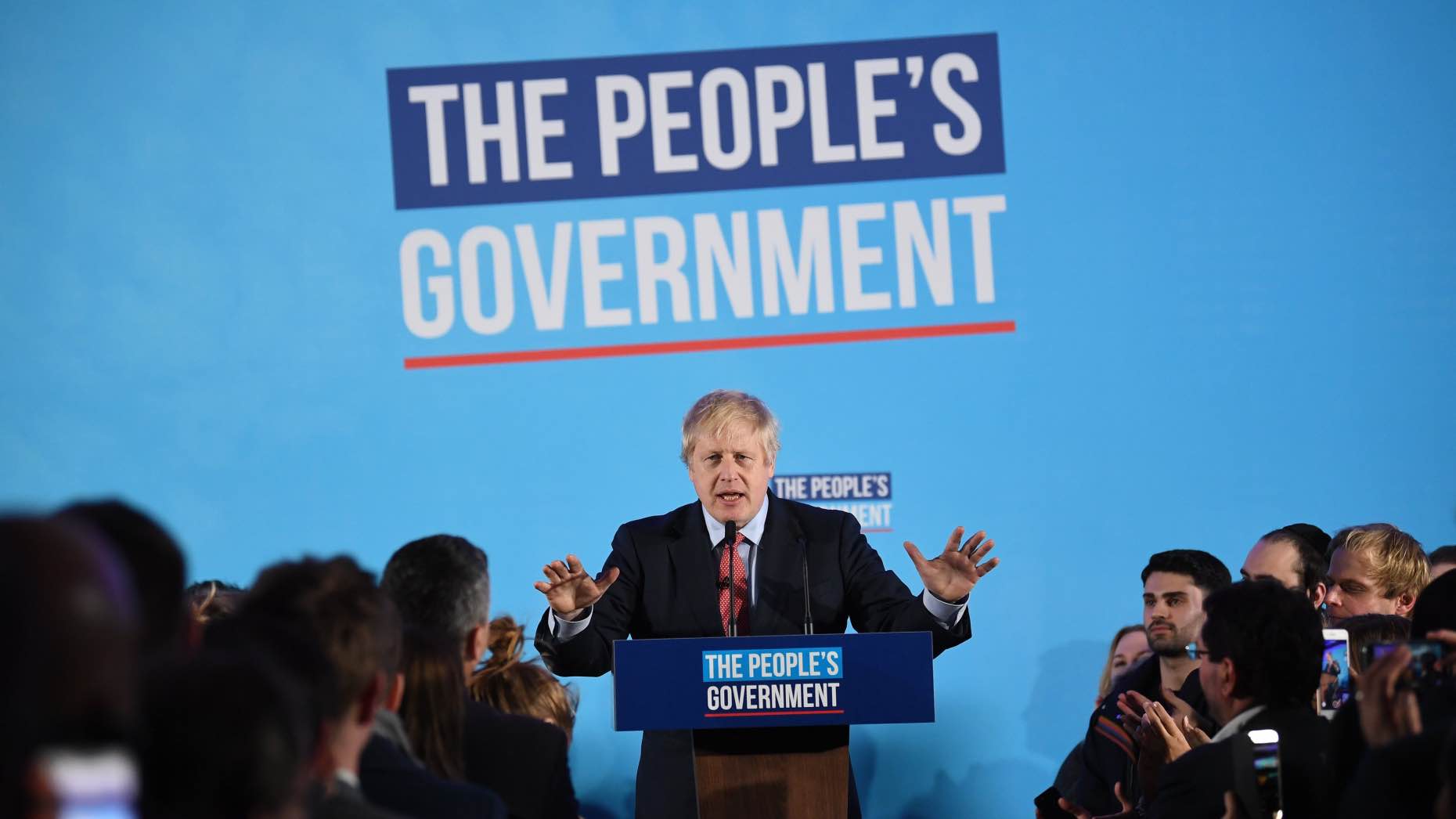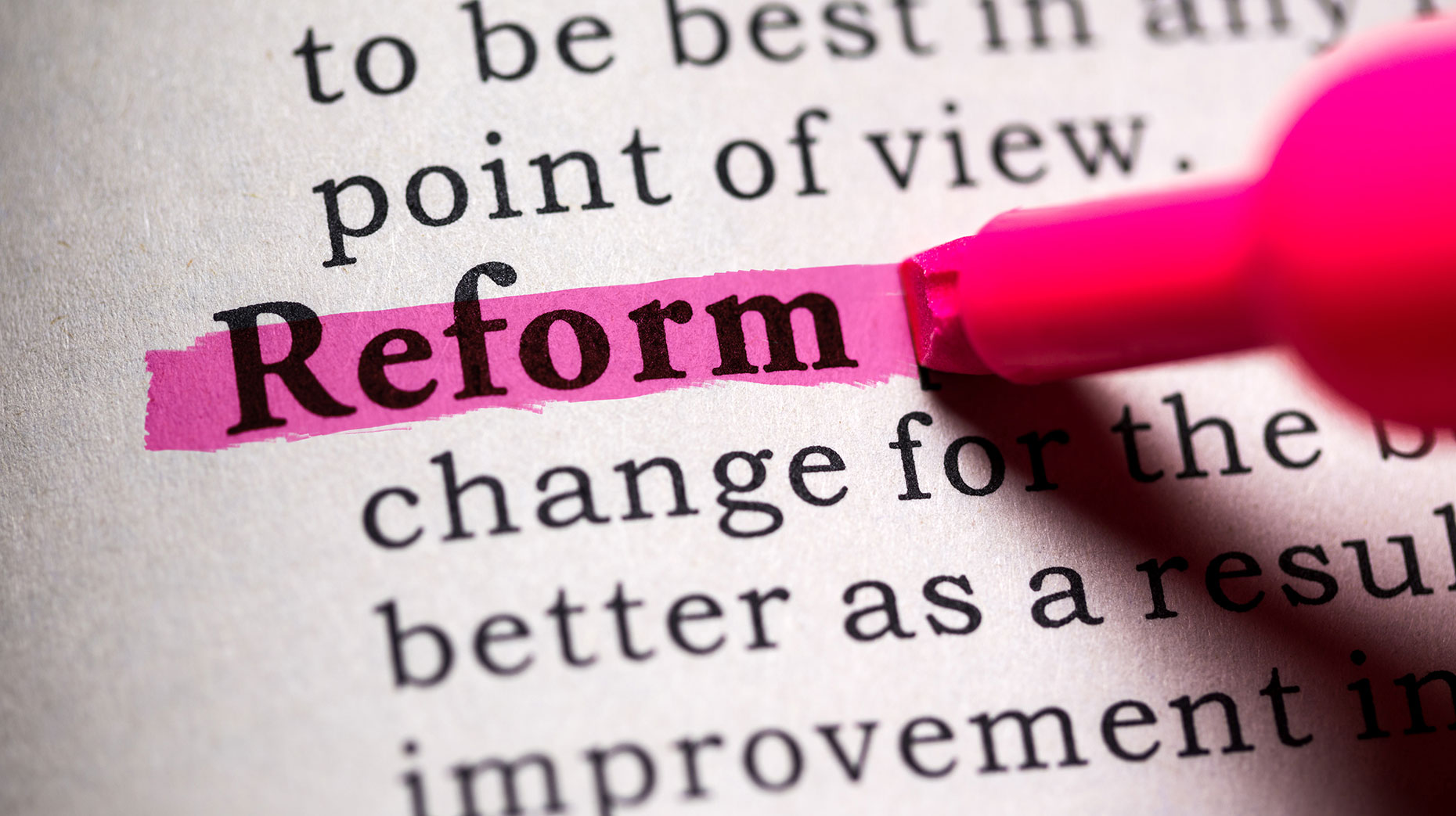At the end of his victory speech, Conservative candidate Douglas Hogg surveyed the blue rosettes in the Sleaford Sports Centre in the early hours of Friday, 2 May 1997 and, with a certain smile on his clearly relieved face, uttered the following words; “You know, Tories always win in the end”. He had just taken the newly created Parliamentary seat of Sleaford and North Hykeham with a majority of around 5,000 over his youthful Blairite opponent Sean Harriss, with yours truly representing the Liberal Democrats, a distant, but respectable third on just over 8,000 votes. Mr Hogg’s total of just over 23,000 represented just under 44% of the votes cast and was the lowest percentage so far achieved by a Tory in this constituency. Despite the clearly anticipated Blair landslide in most of the country, blue triumphed as usual in rural Lincolnshire, if not in the county town.
After ten years as a councillor in local government, this was my one and only attempt at becoming an MP. Having been granted a month’s leave of absence with pay by my school’s generous governing body, I set off, invariably alone, on what was the fairly lonely task of delivering leaflets and meeting the odd resident in well over 40 communities of varying size dotted around a massive mainly rural constituency. It was pretty clear from the people I met that many were seriously thinking of not voting Tory in this election and their standard question was “Who came second last time?” As most areas, with the exception of North Hykeham, had been in the old Grantham constituency in 1992, I had to answer “Labour”.
So in 1997 Blair and Labour got their landslide on just over 43% of the popular vote and, despite a few noble gestures, left office thirteen years later with a massive debt which, while not entirely of its own making, was largely because of its being mesmerised by big business, the City and the markets. What a massive opportunity it missed to produce a written constitution, pass a Bill of Rights, reform Parliament, devolve real power to the English regions and reform local government there, as they did for Scotland and, to a lesser extent, Wales and Northern Ireland and, above all, to introduce fair votes.
What a change from the 1983 general election the 1997 Election had been, when a genuinely left leaning Labour Party under a divisive leader with a radical socialist manifesto, was slaughtered by a Thatcher led Tory Party, fresh from the ‘triumph’ in the South Atlantic and aided by the SDP/Liberal Alliance Party, which, whilst failing to win many seats, thanks to our iniquitous voting system, nevertheless deprived Labour of a significant and arguably decisive number of votes.
In 1982, when the newly formed SDP was achieving opinion poll results of over 50% and Labour appeared to be on its knees, Peter Zentner, who went on to become the SDP/Liberal Alliance candidate for Lincoln in 1987, wrote a book called; ‘Social Democracy in Britain: Must Labour lose?’. He was right to ask the question because, under Kinnock, Hattersley and Smith, the Labour Party managed to claw its way back to the centre ground for Blair to put the icing on the cake 14 years later.
Well, here we are some 37 years after Labour’s second worst performance in a general election since it became a major force after WW1 (the worst was in 1935). Whereas it was probably the Falklands War, an unpopular leader and that infamous ‘suicide note’ manifesto that did for Labour back then, the only difference this time was the first reason. However, for ‘Falklands War’ substitute instead ‘Brexit’. What is even worse this time is that Labour really can’t blame the ‘third party’, whose potential vote was relentlessly squeezed by both Itself and the Tories in the final weeks of the 2019 campaign.
There will be leadership elections for both Labour and the Lib Dems next year, but whoever wins must face the fact that Boris Johnson and his party have enough wriggle room to do more or less what they want for the next few years. They are in that position because they suckered the opposition parties into voting for a third general election in four years. It could have been avoided, but we are where we are. Yes, leadership is important and any non Tory party needs someone with the charisma to carry off the job. There is no doubt that, in a choice between two ‘marmite’ characters that was presented in this recent election, this basically Conservative country of ours would always go for its own.
With the possible exception of Lincoln, the rest of the county will continue to remain a no go area for any of the opposition parties. It couldn’t be breached back in 1997 so I can’t see it happening in the near future. Change will have to occur elsewhere, if it occurs at all. At the moment, and, dare I say for the foreseeable future, the only effective opposition in the House of Commons is likely to come from north of the border. Will either Labour or the Lib Dems get their act together? For Labour there is no evidence that Momentum will fold as easily as Militant did in the 1980s. In any case, what gives the party the right to assume that voters, who might eventually become frustrated with Johnson’s government will automatically turn to it? Socialism, or at least the Labour version of it, has been decisively rejected twice now in the past 36 years.
As for the Lib Dems, and, to a lesser extent, the Green Party, if they continue to put all their eggs into the EU basket, whatever progressive ideas they may have in other areas, they do not deserve to succeed. Any new party emerging out the Labour and the Lib Dems, not forgetting those Tories, who fell foul of Johnson before the last election, will, like the SDP before it, come up against the same problem, namely our ‘First Past The Post’ voting system.
So let’s hope that 2020 resolves a few issues because, for the sake of our having a viable democracy into the future, we desperately need an effective and sensible opposition to the present government. The main task for all parties at Westminster next year has got to be, despite what some may say, to make Brexit as painless as possible. Then perhaps we might all be able to move on to deal with such matters as housing, health and social care provision.
There is still much we could achieve ourselves to make our country a fairer and better place in which to live without blaming everything on EU membership or, as some in Labour would claim, on capitalism. Does it really have to be, as Douglas Hogg, now the second Lord Hailsham, said in that early morning speech over 22 years ago, that “Tories always win in the end”?
John was a councillor for thirty years, finally retiring in 2017. A schoolteacher by profession, he served on the North Hykeham Town Council (1987-2011), the North Kesteven District Council (1987-1999, 2001-2007) and the Lincolnshire County Council (2001-2017). He was also a County Council member of the former Lincolnshire Police Authority for eight years until standing down in 2009. In 1997 he was the Lib Dem Parliamentary candidate for Sleaford and North Hykeham. He is currently not a member of any political party.







